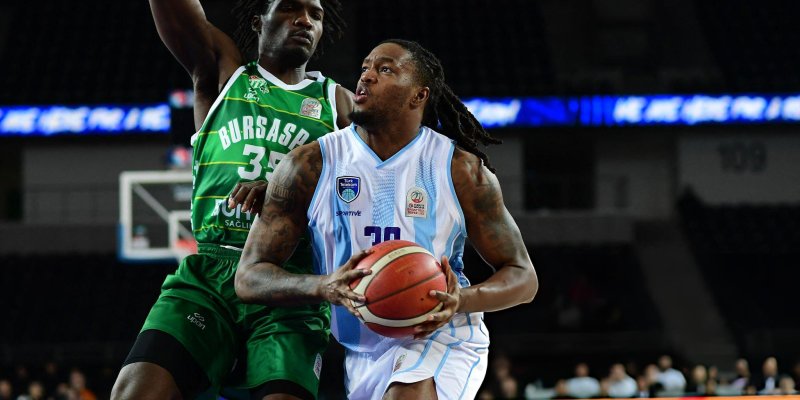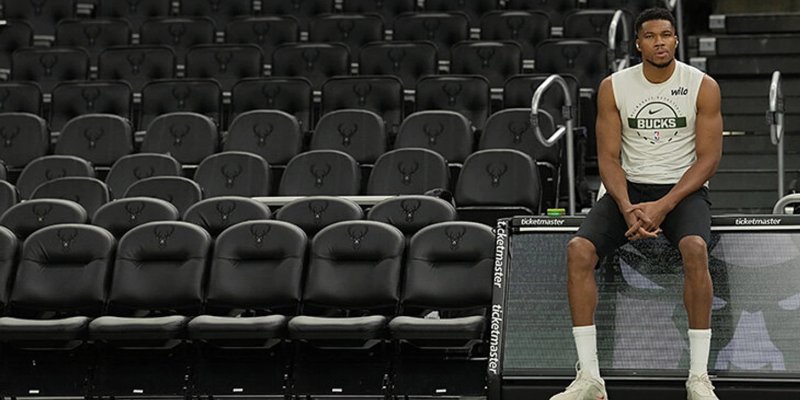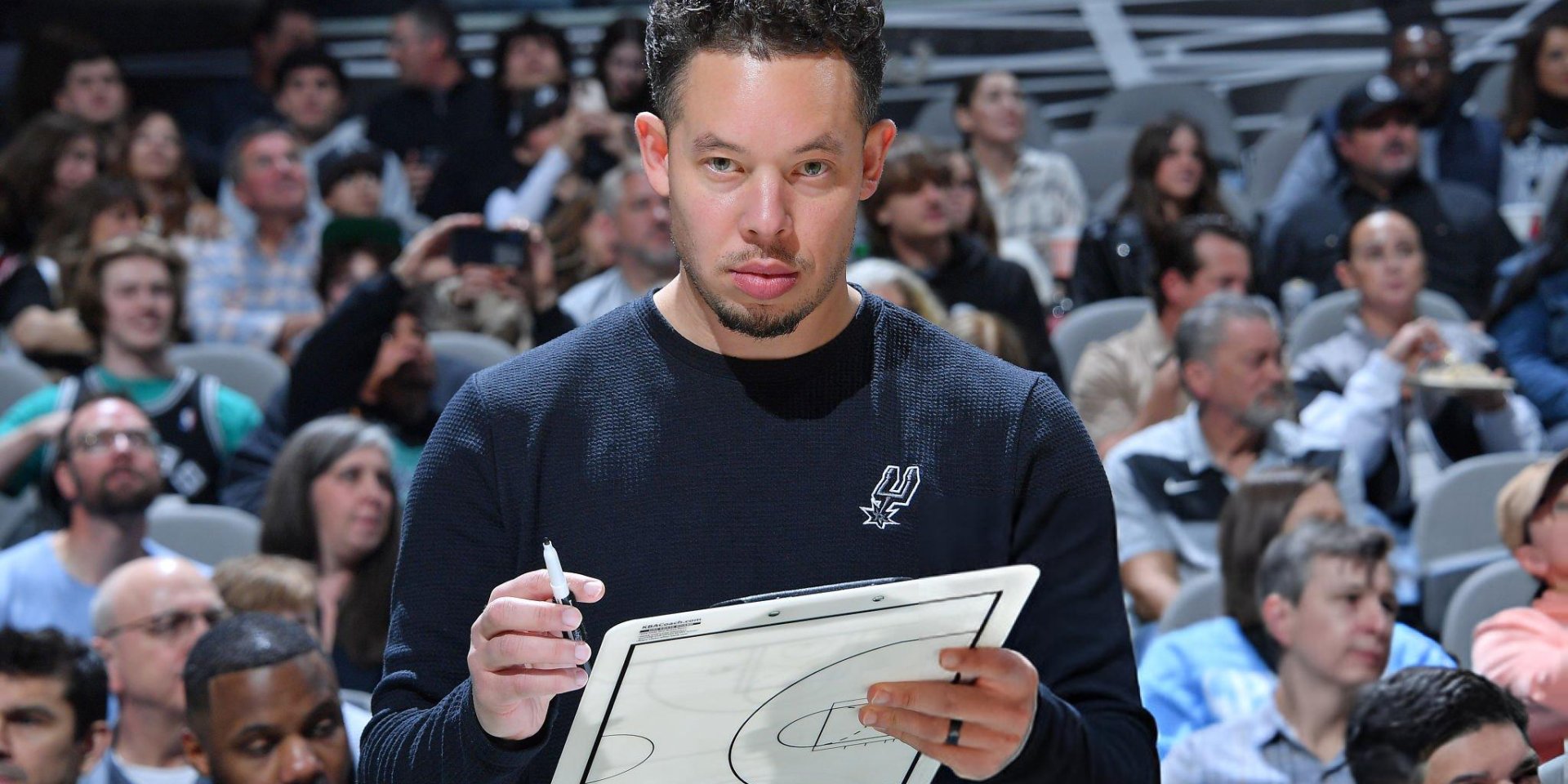
When a club whose very name has long been a synonym for stability and common sense changes its head coach, it inevitably sparks a storm of questions. In the Spurs’ case that effect is amplified by a hundred indisputable facts: Gregg Popovich built a system that sustained not only championships but the franchise’s entire culture. Now the wheel passes to 38‑year‑old Mitch Johnson — a man whose decisions have yet to be etched into the minds of league fans. Doubts, predictions and oceans of skepticism are a natural reaction from the basketball public. Yet behind the loud headlines and talk of an “end of an era” lies a far subtler story of a coach for whom the human factor is as fundamental as tactics or playbooks.
The Post‑Pop Era: What Will the Black‑and‑Silver Look Like Without Their Iconic Figure?
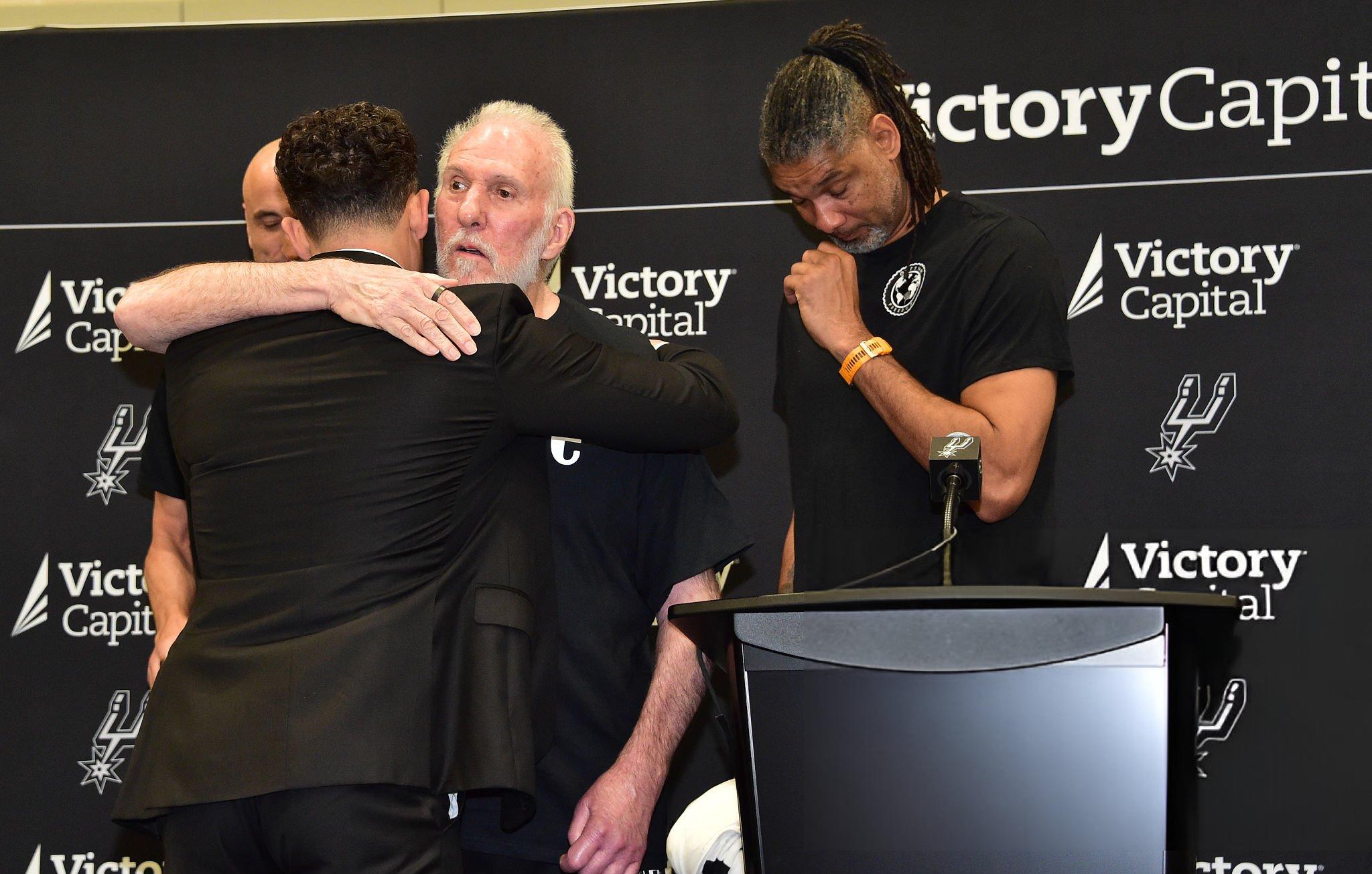
Over more than twenty years Popovich turned San Antonio into a model organization: respect for the player, uncompromising discipline and the careful adoption of cutting‑edge ideas. Stepping away from such a monolithic mentor is a challenge equal to a desperate ten‑meter heave at the buzzer. Any successor will inevitably stand under the glare of comparison. Even so, the front office chose not a loud name with half‑forgotten glory, but a specialist raised inside the family. That is Spurs logic: change as little as possible, preserve as much as possible.
Three Dress Rehearsals: Johnson’s Brief Shifts on the Sideline
Johnson already has experience as an interim head coach. In May 2021 Popovich left the team in his hands while attending Tim Duncan’s Hall of Fame ceremony, and the result was a painful defeat to Phoenix (103‑140). In the spring of 2023, when the coach fell ill, the young assistant earned revenge — this time over Indiana. Finally, last season ran almost entirely under his command: 34 wins, 48 losses and 13th place in the West. The numbers don’t dazzle, but each of the three episodes revealed different facets of Johnson’s character — from an ability to take a punch to a knack for quick adaptation.
Seattle as the Starting Point: Championship Genes and a Draft That Never Came
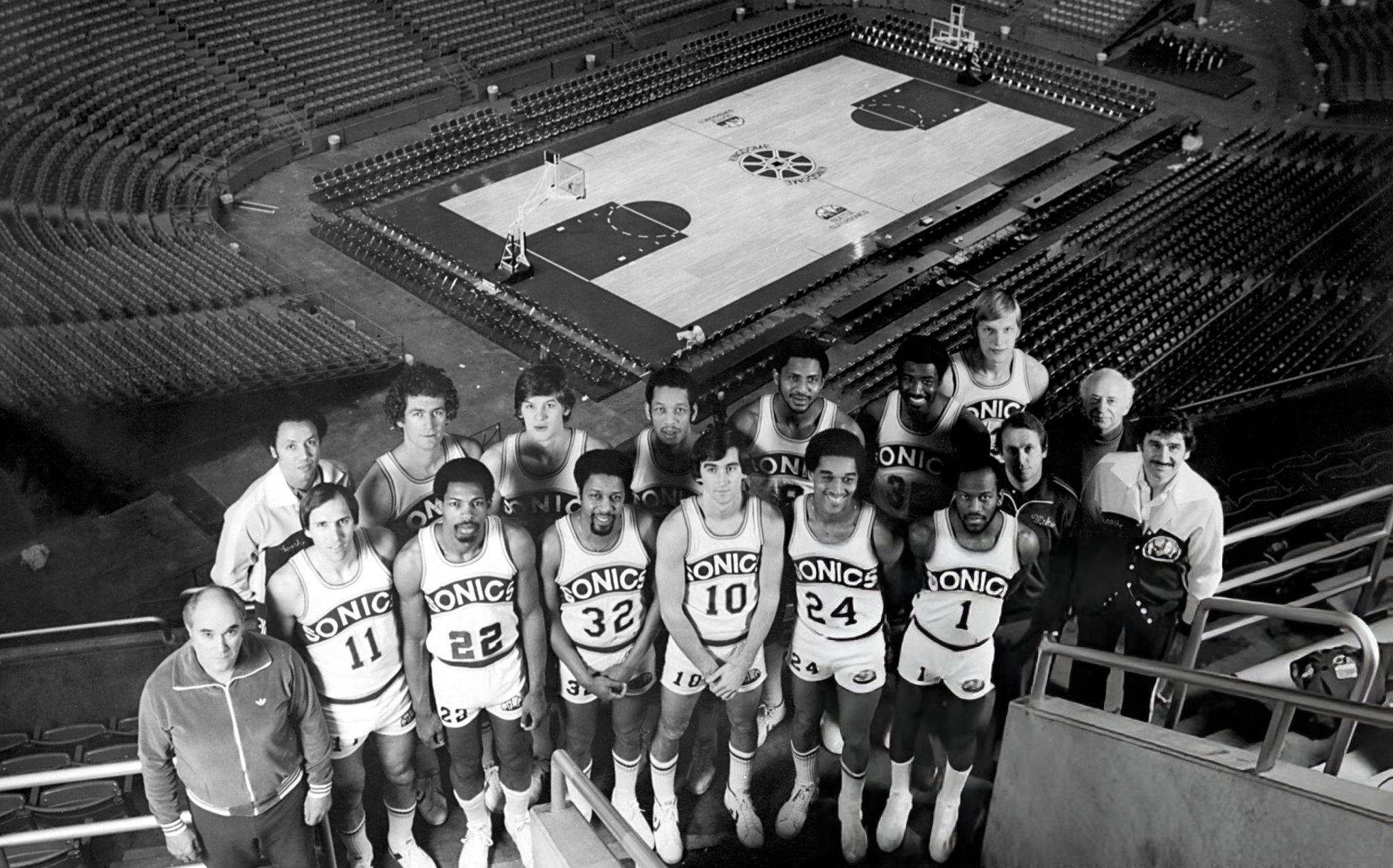
Johnson was born in the Rain City, Seattle, where basketball has long been part of the DNA. His father John — an NBA champion in 1979 — is often cited as one of the league’s first true point‑forwards. Mitch chose a similar role, a playmaker with physical presence. He was a star in high school and a solid rotation player at Stanford, but that wasn’t enough for NBA clubs. The G League with the Tulsa 66ers, tryouts in Belgium and Germany, camps with Brno in the Czech Republic, a 2011 season with VEF Riga — and then the final whistle on his playing career. At 24, Johnson decided it was time to look for himself on the other side of the court.
“I Never Planned to Blow a Whistle”: Why Coaching First Seemed a Foreign Path
Speaking on the Swish Cultures podcast, Johnson admits that in the middle of his playing days he imagined a front‑office role instead. A coach, he says, is a kind of limiter who must impose boundaries so a system can function. But once he realized his playing ceiling would not rise, he discovered that the training process, analysis and hunt for micro‑details thrilled him more than the game itself. Letting go of illusions and loving the practice rhythm pushed him onto a new path — without grand promises or career shortcuts.
A Credo of Humanity: The Dejounte Murray Story and Other Portrait Strokes
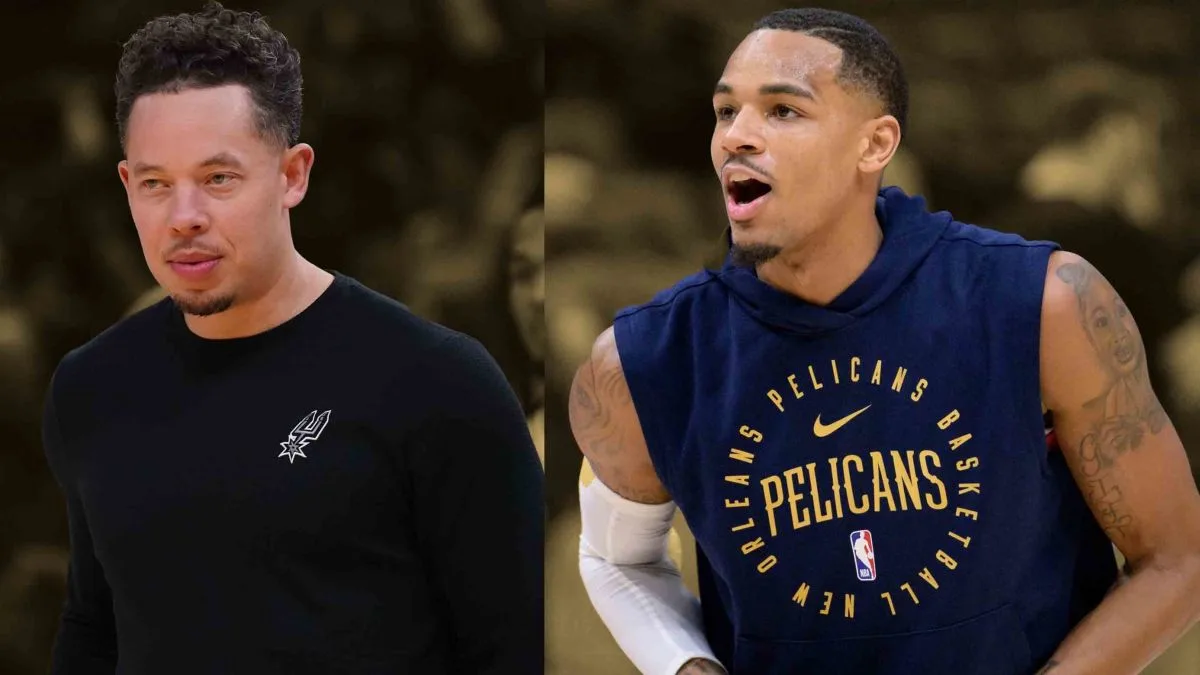
Back in Washington, Mitch started almost from scratch: an intern at Seattle University, a coach of a Nike AAU team, then an assistant with the Portland Pilots. At this level character and trust mean everything. Fifteen‑year‑old Dejounte Murray, a talent from a rough neighborhood, became more than just a player to Johnson: the coach bailed him out of precincts, gave him a place to sleep and rebuilt the workout schedule around him. Years later the guard would thank “Coach Mitch” for saving his life. Stories like this best explain why the Spurs place the person above the stat line.
A Phone Call from Austin: How a Network Turned into an NBA Opportunity
In the spring of 2016 Murray was going through pre‑draft workouts. Johnson came simply to support his former protégé and suddenly found himself in the scouts’ spotlight. The basketball world proved small: people who once recruited for colleges were now writing reports for NBA teams. Austin Spurs GM Andy Birdsong offered the young specialist a season‑long assistant job. Less glamour, more opportunity — and Mitch moved to Texas. Three years later Popovich promoted him to the big‑club staff, valuing his one‑on‑one work and meticulous eye for shooting mechanics.
A Laboratory of Growth: Wembanyama, Castle and Other Johnson Projects
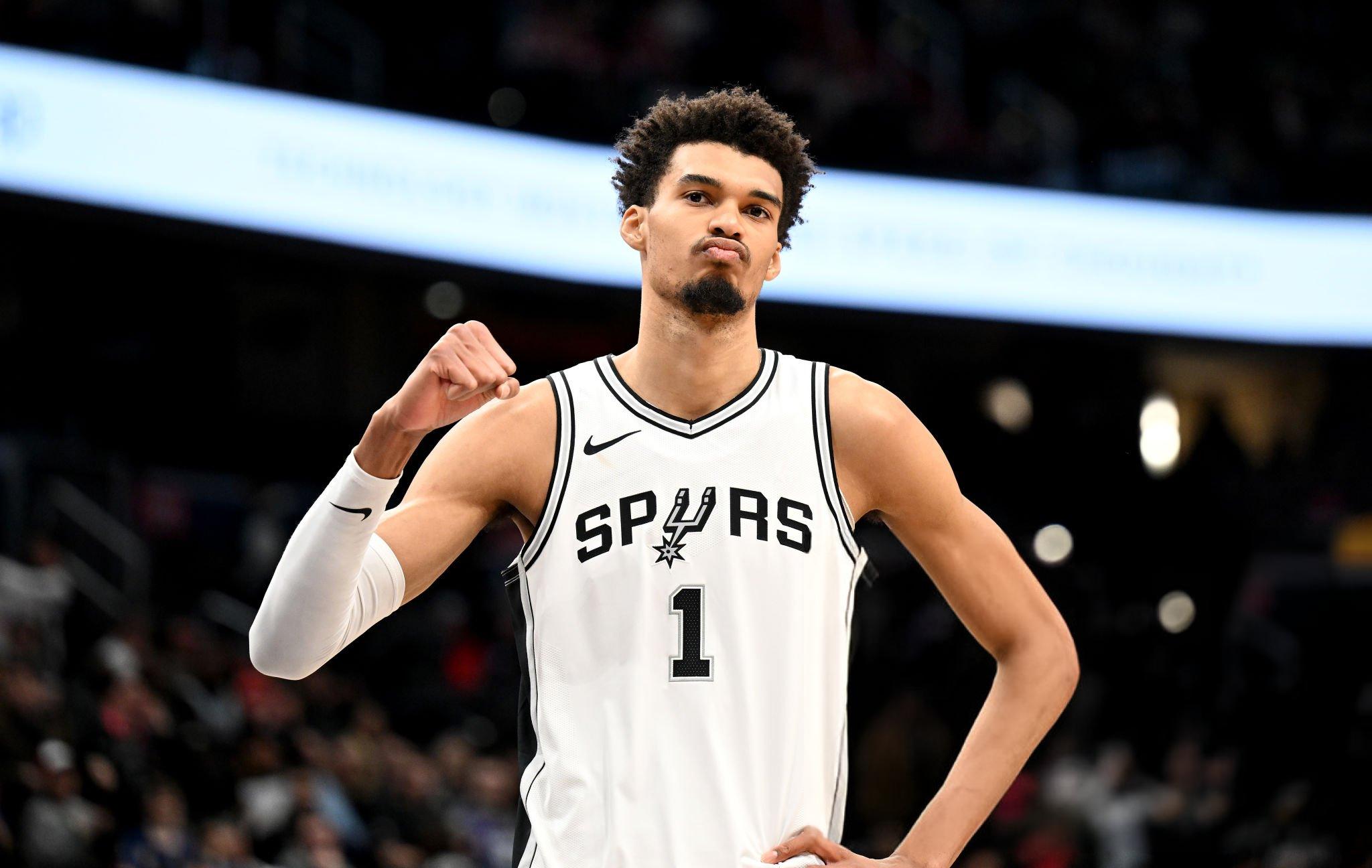
As coordinator of player development Johnson gained access to one of the league’s most intriguing test beds. Victor Wembanyama averaged 5.5 three‑point attempts under Popovich; in games where Johnson took the reins that figure jumped to nine. The coach let the young “wing‑rim protector” broaden his arsenal while polishing defensive rotations. Stefon Castle, by contrast, cut back on outside shots and became more efficient attacking the paint. The keyword is individualization. Johnson isn’t afraid to experiment if he sees untapped facets, which is why the locker room views him not as a martinet but as a guide to ideas.
The Time‑Out Philosophy: Dialogue, Not Monologue
Commentators often note that Johnson’s first move after calling a time‑out is to summon veteran assistants Brett Brown and Matt Nielsen. A brief exchange of opinions is followed by a concise briefing for the players. This “decision cascade” minimizes chaos and lets everyone feel their contribution. “If you’re saying no, say it loudly,” was Popovich’s advice, and Mitch repeats it like a mantra to young colleagues. He doesn’t overwhelm with countless sets; instead he selects a few simple principles — a perimeter advantage, an early pick‑and‑roll, a weak‑side shift — and hones details to an automatic level.
The Franchise’s Next Step: Moderate Expectations and a Long Horizon
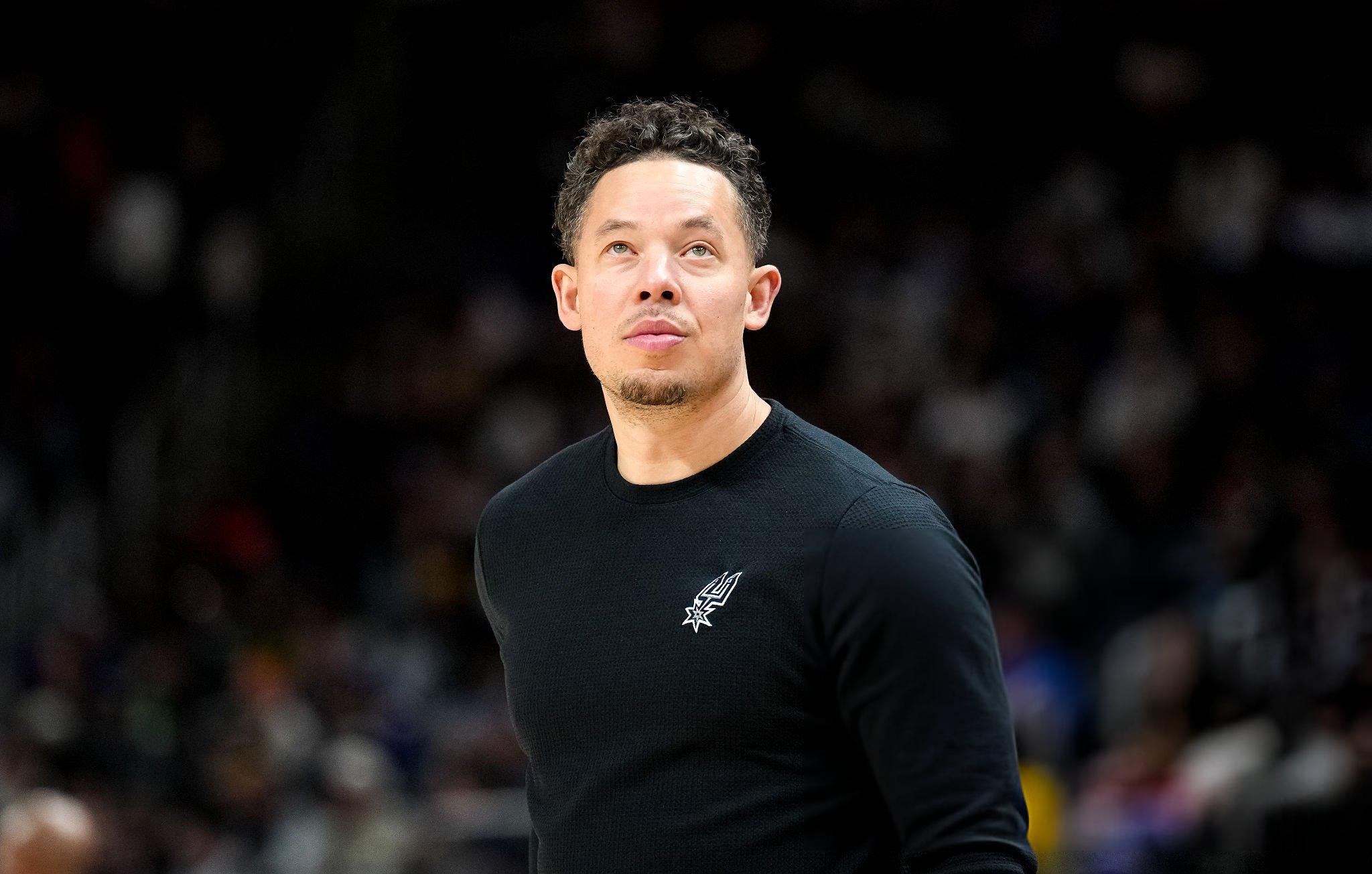
To demand instant transformation from a 38‑year‑old coach is to ignore the basic laws of roster building. The Spurs traditionally invest in development rather than a quick leap. Yes, the Western Conference is getting tougher, but San Antonio knows how to be patient. Popovich, remaining president of basketball operations, is unlikely to throw up his hands after a few losses: the new cycle was launched deliberately, and the club will choose temporary turbulence over sacrificing its convictions for a fragile quick result.
Johnson possesses something no contract can capture: empathy that breeds trust and a strategic curiosity that fuses old principles with new ideas. In an age when every other game becomes highlight content, such qualities are as valuable as the ability to draw complex plays. The Spurs’ main test, therefore, is not merely wins and losses but preserving their unique ecosystem. If Mitch can inscribe his name into that formula, talk of an era’s end will give way to a story of its measured continuation — with a refreshed face on the bench.

